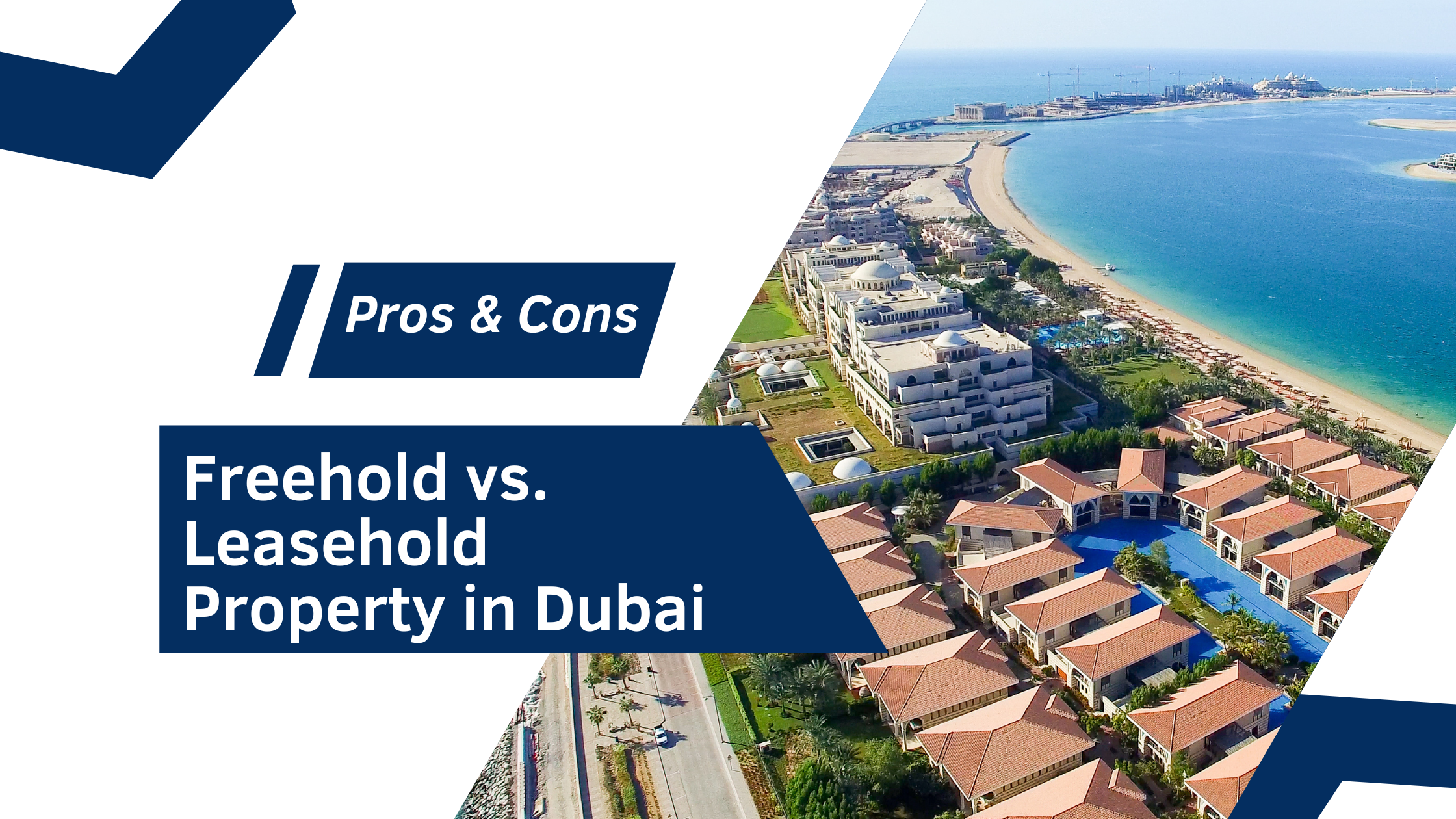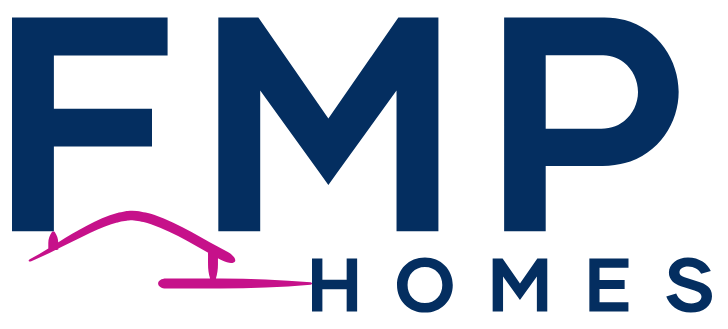
The Pros and Cons of Buying Freehold vs. Leasehold Property in Dubai
Dubai’s thriving real estate market offers a diverse range of property ownership options, including freehold and leasehold properties. As an investor or homeowner, it is crucial to understand the advantages and disadvantages of each type of ownership. In this blog, we will explore the pros and cons of buying freehold and leasehold property in Dubai to help you make an informed decision.
Freehold Property:
Freehold property owner grants the buyer full ownership rights over the property and the land it stands on. Here are the pros and cons of buying freehold property in Dubai:
Pros:
a. Ownership: Freehold property provides the highest level of ownership security, allowing you to make modifications and decisions regarding your property without restrictions.
b. Long-term Investment: Freehold properties in Dubai often appreciate in value over time, making them attractive long-term investments.
c. Rental Income: As the sole owner, you have the freedom to rent out your property and generate rental income.
Cons:
a. Higher Cost: Freehold properties in prime locations are often more expensive compared to leasehold properties.
b. Limited Availability: Freehold properties in certain areas of Dubai may be limited, leading to a narrower range of options for buyers.
c. Maintenance Responsibility: As the owner, you are solely responsible for the maintenance and upkeep of the property.
Leasehold Property:
The Leasehold property owner grants the buyer the right to use and occupy the property for a fixed period, as specified in the lease agreement. Here are the pros and cons of buying leasehold property in Dubai:
Pros:
a. Lower Initial Cost: Leasehold properties often have a lower upfront cost compared to freehold properties, making them more accessible to buyers.
b. Amenities and Facilities: Leasehold properties are often part of gated communities or developments that offer a wide range of amenities and facilities for residents to enjoy.
c. Reduced Maintenance Responsibility: In some cases, the maintenance and upkeep of the property may be the responsibility of the developer or management company.
Cons:
a. Limited Ownership Rights: As a leaseholder, you have limited control over the property and may require permission from the landlord or management company for modifications.
b. Lease Renewal and Costs: Leasehold properties come with a lease term, and upon expiration, you may need to negotiate lease renewal terms, which could involve additional costs.
c. Lower Appreciation Potential: Leasehold properties may have a limited appreciation potential compared to freehold properties.
Conclusion:
When deciding between freehold and leasehold property ownership in Dubai, it is essential to consider your long-term goals, budget, and lifestyle preferences. Freehold properties offer full ownership rights, long-term investment potential, and rental income opportunities, but they can come at a higher cost. On the other hand, leasehold properties provide a more affordable entry point, access to amenities, and reduced maintenance responsibility, but with limited ownership rights and appreciation potential.
Ultimately, the choice between freehold and leasehold property ownership depends on your individual circumstances and preferences. It is advisable to consult with a reputable real estate company or legal professional who can guide you through the process and help you make an informed decision that aligns with your goals.

